Discover how weekly meal prep can reduce stress, save time, and help you stay consistent with healthy eating—no experience needed.
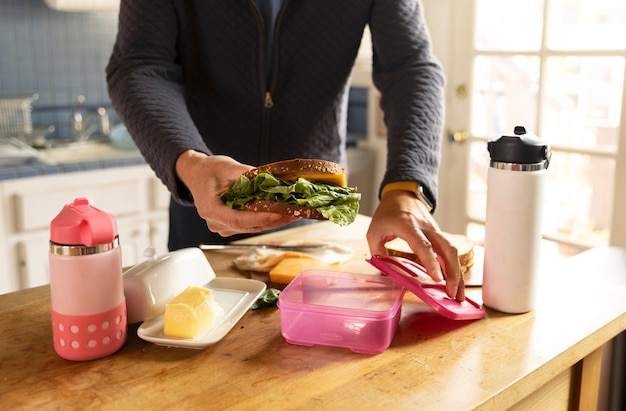
Life moves fast, and deciding what to eat every day can add up to mental fatigue. Weekly meal prep transforms decision fatigue into clarity. By planning and preparing meals ahead, you eliminate daily stress around cooking, reduce food waste, and avoid last-minute takeout runs.
Studies show that structured routines—especially around eating—can significantly lower cortisol levels, the hormone linked to stress. When your meals are ready, your mind is free to focus on work, family, and self-care.
You don’t need gourmet skills or hours in the kitchen. This simple 5-step system is designed for beginners:
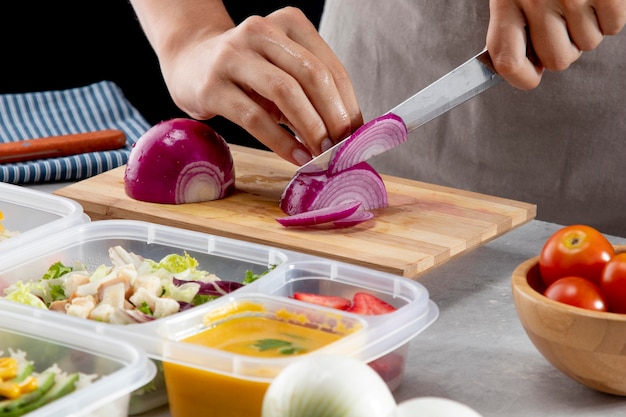
Consistency beats perfection. Here’s how to make meal prep stick:
Tracking progress keeps you motivated. Each week, ask yourself:
Keep a simple journal or use a habit tracker app. Over time, you’ll see improvements in energy, budget, and mental clarity.
You don’t need complex recipes. Try these beginner-friendly combos:
Layer dressing, grains, proteins, and veggies. Stays fresh for 4 days.
Mix oats, milk, chia seeds, and fruit. Ready by morning.
Cook once, eat three times. Add different sauces for variety.
Vegan-friendly with black beans, rice, salsa, and avocado.
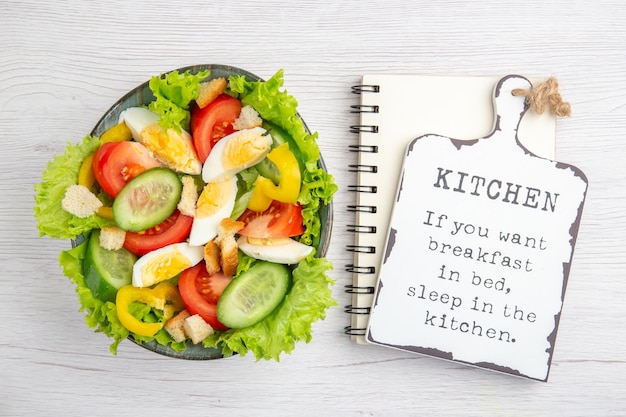
Weekly meal prep isn’t about perfection—it’s about progress. The goal is to reduce stress, not add pressure. Start with one meal, one day, one recipe. Celebrate small wins. Over time, this habit becomes a pillar of your wellness routine, giving you more time, energy, and peace of mind.

Wellness

Wellness

Wellness

Wellness
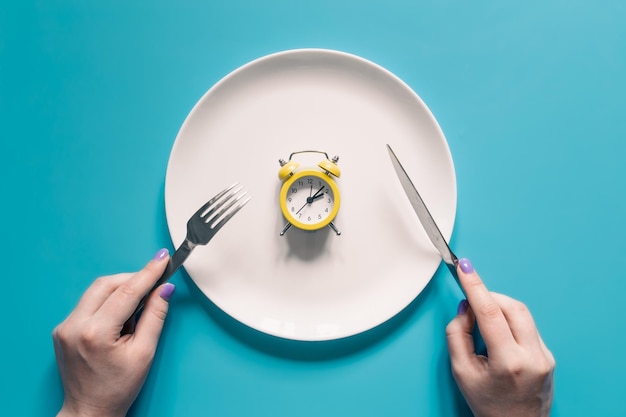
Wellness

Wellness
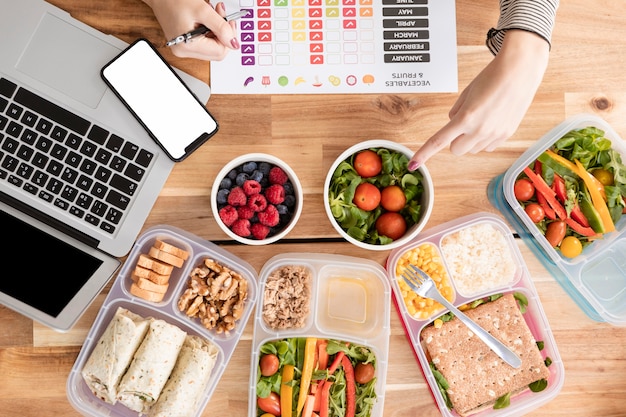
Wellness
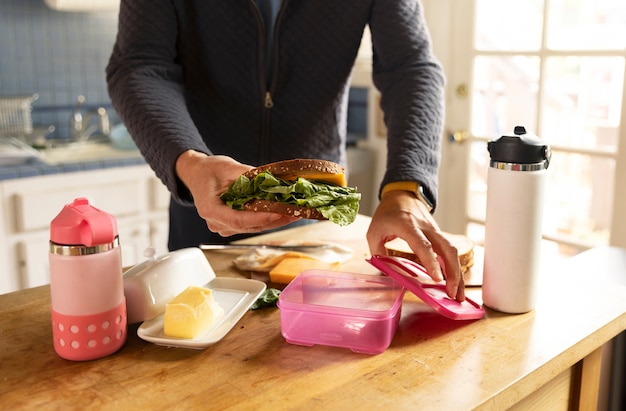
Fitness
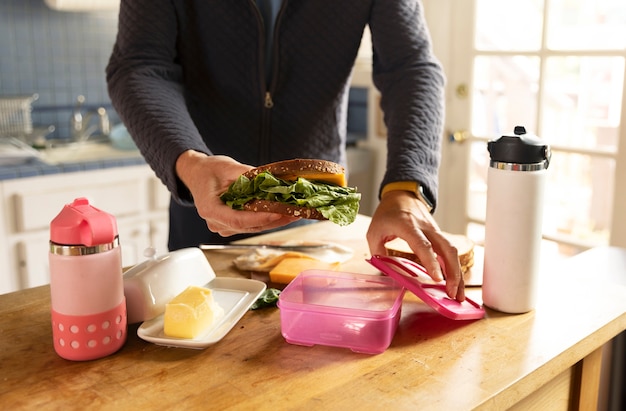
Wellness

Fitness
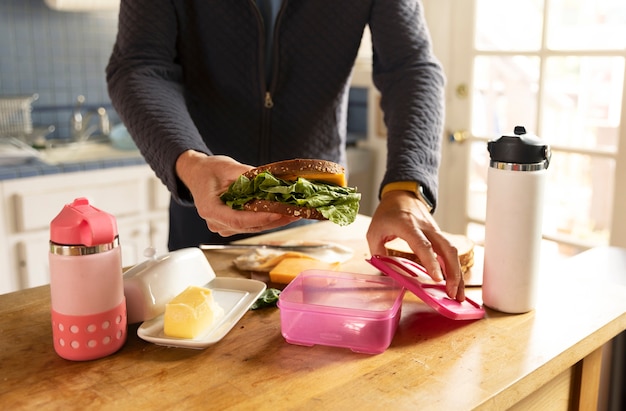
Wellness
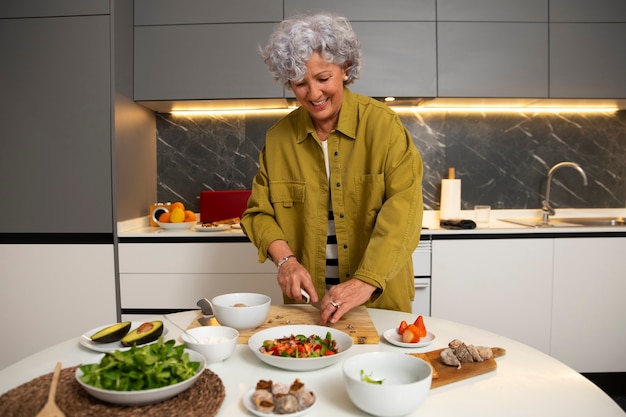
Health

Health

Fitness

Health

Health